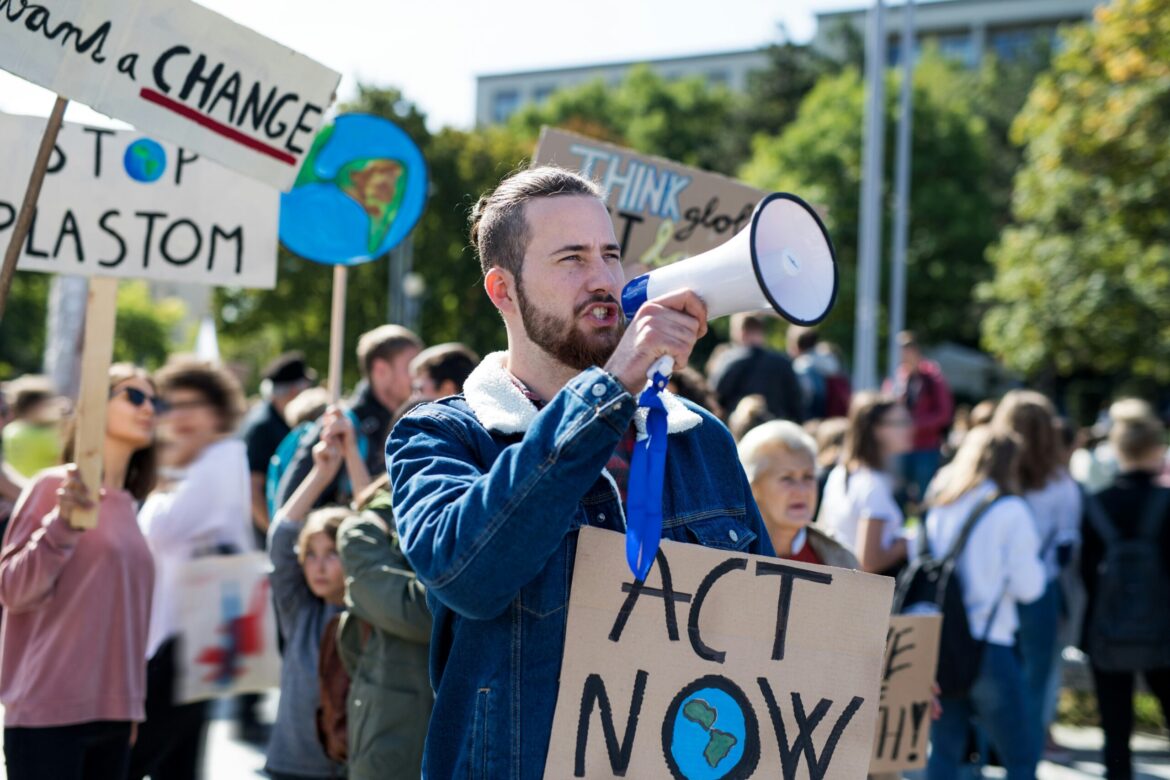In a major development that reverberated through environmental and legal communities, the U.S. Supreme Court on March 24, 2025, declined to hear the appeal in Juliana v. United States. This decision effectively ends one of the most high-profile climate lawsuits brought by young Americans, who had been fighting for the recognition of their constitutional right to a safe and stable climate.
The case, originally filed in 2015, involved 21 youth plaintiffs who alleged that the federal government’s longstanding support and promotion of fossil fuel industries contributed significantly to climate change, thereby violating their fundamental rights to life, liberty, and property. The plaintiffs argued that government policies had knowingly endangered their futures by exacerbating global warming and failing to protect essential natural resources.
Over nearly a decade, Juliana v. United States captured national and international attention as a symbol of youth-led climate advocacy. The plaintiffs, some as young as eight when the case began, became vocal figures in the broader climate movement. They contended that the government’s inaction on climate change constituted a breach of their constitutional protections and demanded that the federal government implement a science-based plan to reduce carbon emissions.
However, the Supreme Court’s refusal to hear the appeal leaves in place a 2020 ruling by the Ninth Circuit Court of Appeals, which had dismissed the case on procedural grounds. The appellate court acknowledged the gravity of the plaintiffs’ concerns but concluded that the judiciary was not the appropriate forum to address such wide-ranging policy issues, suggesting instead that these matters be resolved by Congress or the Executive Branch.
Conservative commentators and legal scholars praised the Supreme Court’s decision as a reaffirmation of the principle of separation of powers. They argued that determining and implementing climate policy should remain within the purview of democratically elected lawmakers, not the judiciary. Critics of the lawsuit had long warned that a court mandate on climate issues could set a precedent for judicial overreach.
On the other hand, environmental activists and legal advocates expressed deep disappointment, viewing the decision as a missed opportunity for the judicial system to hold the government accountable for environmental degradation. They emphasized that young people, who will face the brunt of climate change impacts, now have one less legal avenue to demand action.
While the end of Juliana v. United States marks a significant setback for legal climate advocacy, it has also inspired a new generation of youth activists. Many vow to continue their fight through legislation, public protest, and new litigation strategies aimed at pressuring the government to address the climate crisis with the urgency it demands.

